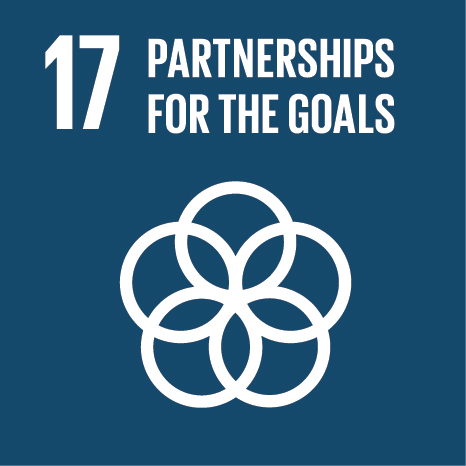Ciência_Iscte
Publications
Publication Detailed Description
Journal Title
Sustainability
Year (definitive publication)
2019
Language
English
Country
Switzerland
More Information
Web of Science®
Scopus
Google Scholar
This publication is not indexed in Overton
Abstract
The sharing economy is an emerging niche for innovation capable of disrupting established socio-technical and economic regimes. Because of this potential to cause radical changes in a wide array of domains, research in multiple disciplines addressing various aspects entailing this phenomenon is proliferating. In this emerging body of literature, the understanding and framing of the sharing economy are often different. Without knowledge about the current state of the research related to the sharing economy, delineating research trends, gaps, and needs for directing effectively primary research are not possible. This study aimed to synthesize the state and distribution of existing publications related to the sharing economy in multiple disciplines. We used the systematic mapping technique to scope, identify, and classify the publications at a fine level of granularity. We reviewed 589 journal articles (published from 1978 to 2017), and 454 met the selection criteria. The journal articles reviewed were published in 284 different journals. Intriguingly, 15 journals published five to 13 publications each and 221 journals had a single article about the topic. Journals belonging to the subject areas “business, management and accounting” (42.1%) and “social sciences” (35.2%) published more than 70% of the reviewed publications. Accommodation (19.8%) and car and ridesharing (17.2%) were the two most prominent sectors; 50.2% of the publications addressed C2C transactions (10.6% B2C, 24.4% more than one type); 62.3% were about accessing resources, and 5.1% concerned transfer of ownership (i.e., second-hand or donation); and 19.2% covered access and transfer of ownership simultaneously. While empirical studies were the majority (53.1%, when comparing with conceptual ones), qualitative approaches were most common (51.5% against 24.9% quantitative and 17.4% mixed methods). Literature review (22.9%), survey (13.2%), case study (7.3%) and interview (7%) were the most frequently used methods. User behavior (26.4%), business models and organizational aspects (22.7%), institution and governance system (18.7%), conceptualization matters (17%), and sustainability evaluation (15.3%) are research clusters identified from a grounded approach. The link between user behavior and net environmental impacts of sharing options was the largest gap found in the research needing attention from a sustainability perspective. Accordingly, multidisciplinary investigations quantifying behavioral root causes, magnitude, and likelihood of environmental rebound effects using real-world data are strongly encouraged.
Acknowledgements
--
Keywords
Sharing economy,Collaborative consumption,Collaborative economy,Systematic map,Sustainability
Fields of Science and Technology Classification
- Economics and Business - Social Sciences
Funding Records
| Funding Reference | Funding Entity |
|---|---|
| 771872 | Comissão Europeia |
| UID/GES/00315/2019 | Fundação para a Ciência e a Tecnologia |
| 2018-01545 | Swedish Research Council Formas |
Contributions to the Sustainable Development Goals of the United Nations
With the objective to increase the research activity directed towards the achievement of the United Nations 2030 Sustainable Development Goals, the possibility of associating scientific publications with the Sustainable Development Goals is now available in Ciência_Iscte. These are the Sustainable Development Goals identified by the author(s) for this publication. For more detailed information on the Sustainable Development Goals, click here.

 Português
Português




